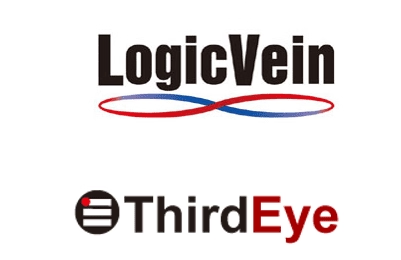Why?
In today’s digital age, networks are the backbone of any organization. They enable businesses to communicate, collaborate, and share information with their employees and customers. However, as networks become more complex and interconnected, they also become vulnerable to various security threats such as malware attacks, data breaches, and network downtime. Therefore, it is essential for organizations to monitor their networks regularly to ensure that they are secure and functioning optimally.
One of the primary reasons why organizations should monitor their networks is to detect potential security threats before they cause significant damage. Cyber criminals are constantly looking for vulnerabilities in networks that they can exploit for financial gain or other malicious purposes. By monitoring network traffic and activity logs, IT teams can identify suspicious behavior patterns or anomalies that may indicate a cyber attack in progress. For instance, if a user account suddenly starts accessing sensitive data at odd hours or from an unusual location, it could be a sign of unauthorized access by an intruder.
Another reason why network monitoring is crucial is to prevent downtime caused by technical issues or hardware failures. Network downtime can be costly for businesses as it disrupts operations and leads to lost productivity and revenue. By monitoring network performance metrics such as bandwidth utilization, packet loss rates, and latency levels in real-time IT teams can quickly identify bottlenecks or other issues that may cause service disruptions. This enables them to take proactive measures such as upgrading hardware components or adjusting network configurations before problems escalate into full-blown outages.
Moreover, network monitoring helps organizations comply with regulatory requirements related to data privacy and security. Many industries such as healthcare finance have strict regulations governing the handling of sensitive customer information such as personal health records (PHRs) or financial transactions data (FTD). Failure to comply with these regulations can result in hefty fines or legal penalties which could harm an organization’s reputation significantly. By monitoring their networks regularly using tools like intrusion detection systems (IDS) firewalls IT teams can ensure that data is protected from unauthorized access or disclosure.
Finally, network monitoring can help organizations optimize their network infrastructure and improve overall performance and keep their network in compliance. By analyzing network traffic patterns, IT teams can identify areas where bandwidth usage can be optimized or where new applications or services could be deployed to enhance productivity. Compliance can ensure the network is functioning within security rules. And performance, keep the network running efficiently.
In conclusion, monitoring your network is an essential part of maintaining a secure and efficient digital environment for your organization. It helps detect security threats before they cause significant damage, prevent downtime caused by technical issues or hardware failures, comply with regulatory requirements related to data privacy and security, and optimize your network infrastructure for better performance. Therefore, it is crucial for businesses of all sizes to invest in LogicVein’s robust network monitoring tools that enable them to stay ahead of potential issues while maximizing their operational efficiency.
Final Takeaway
With LogicVein, you do not just react to changes — you control them.
Watch our series of videos here or see all our features here.
With its combination of discovery, monitoring, compliance, and automation, LogicVein transforms how IT teams manage complex network environments.
Whether you are looking to reduce manual work, improve network reliability, or gain better visibility into device configurations, LogicVein will provide you with the tools you need—all in a single platform.
Ready to see LogicVein in action? Request a Demo and discover how you can simplify operations, improve reliability, and gain full network visibility.
#LogicVein #SmartBridge #NetworkAutomation #NetworkManagement #NetworkCompliance #ChangeManagement #MSPTools #MultiVendorNetworks




